From my own experience of using a garbage disposal at home without thinking about where the food waste ends up, I didn’t even know what composting was. But trying composting at home once completely changed how I view waste disposal. If you’re wondering about Garbage Disposal vs Composting | 4 Notable Differences to Know, here are the answers to help you understand which option is better for you!
Garbage disposal and composting aim to avoid throwing trash in landfills. You must know the former is professional in ending the food waste into local water treatment for further recycling. In contrast, the latter converts waste into a rich fertilizer that soil uses to avoid erosion.
Interested to know what factors make them different? Read the article to the end. In this article, I will mention the pros and cons of disposing of waste via garbage disposal or composting.
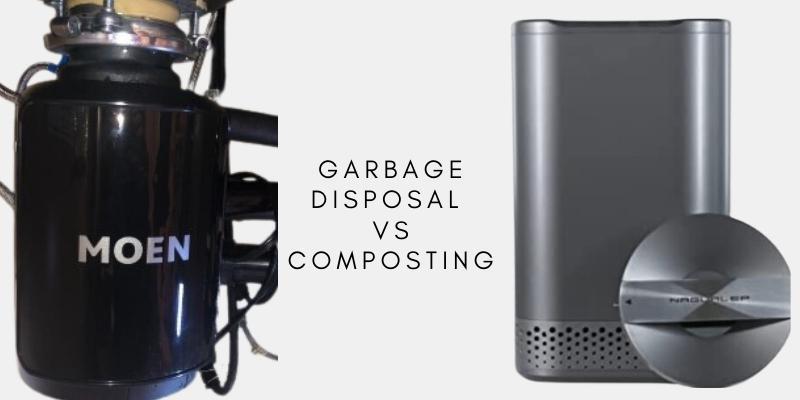
Garbage Disposal vs. Composting | Differences
What are your opinions on disposing of waste? Do you prefer a convenient method of garbage disposal or a logical composting procedure? Deciding on which technique helps the environment to grow is essential.
1. Working Mechanism
Garbage disposal has inevitably become a need for your kitchen. The idea of doing dishes seems incomplete without it. While you are luring on utilization of garbage disposal, keep in mind the mechanism of cutting food when a lot of water flush down the drains converts it into the water remanents which need disinfecting or recycling for use further.
You must be familiar with the idea of decomposition. Don’t you? Composting is a technique based on it and is safer than garbage disposal. Why is it so? You can estimate that composting helps save the waste going to landfills by converting primary food items, vegetable/fruit scraps, or leaves into valuable resources for the soil.
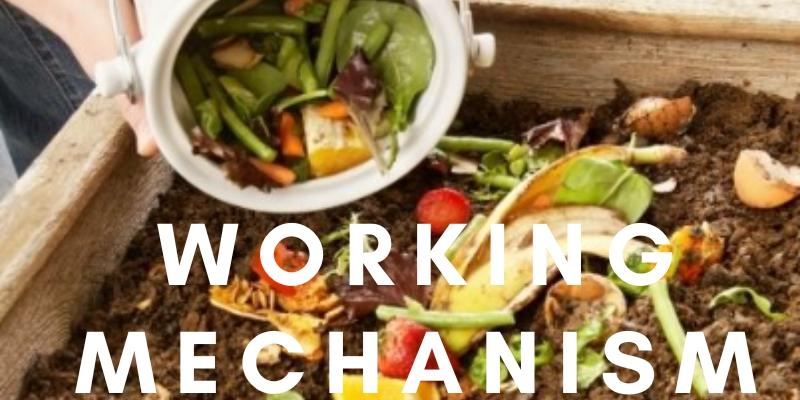
2. Disposing of Specific Waste
The idea of disposing of everything in the garbage disposal or composting may linger on your mind, but logically, it is impossible. Although both techniques are efficient in their perspective, they restrict to providing a home to grease, oils, fats, bones, and dairy products.
Suppose you are a frequent garbage disposal user and know what it can handle or whatnot. Apart from restricting you from dumping paper foils, silverware, or physical objects, it margins you to throw only vegetable or fruit peels. Also, you do not randomly throw eggshells, coffee beans, or dry foods in it.
While looking from the other side of the coin, composting is a broad procedure and can easily shelter the food waste you avoid for garbage disposal. Garbage like eggshells, tea leaves, hair, fur, coffee grounds, paper filters, paper towels, and rotten veggies or fruit.
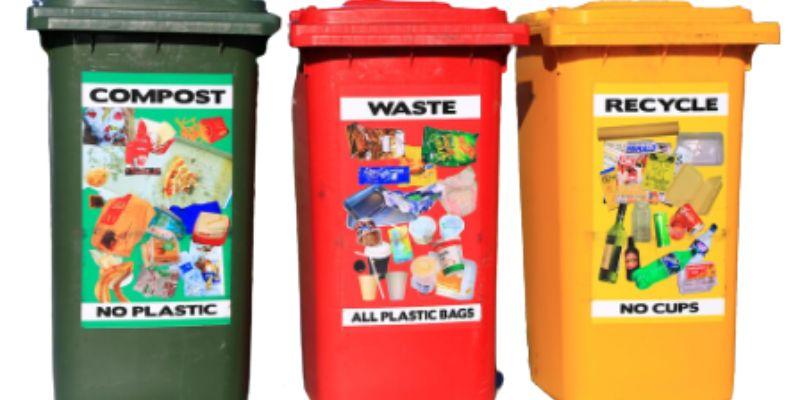
3. End Product
Garbage disposal is convenient for getting rid of everything that is in your kitchen sink. But it is not at all an eco-friendly manner. Garbage disposal upon grinding the food delivers it to the water reservoir where it is recycled for future use like drinking or crop irrigation.
In case the food particles are left untreated, they contribute to landfills and produce methane gas. What you must do while stuffing inside the garbage disposal impacts the environment and becomes the source of more harmful gas generation than ever.
On the contrary, composting does not believe in recycling the water for drinking or other purposes. It is a direct method to create soil-rich elements and minimize the generation of methane gas to combat global warming. Additionally, it produces carbon dioxide and methane at a lower rate than the previous method of disposing of waste.
Note: Methane gas is responsible for producing 30 times more heat than other gases and proves harmful to the atmosphere.
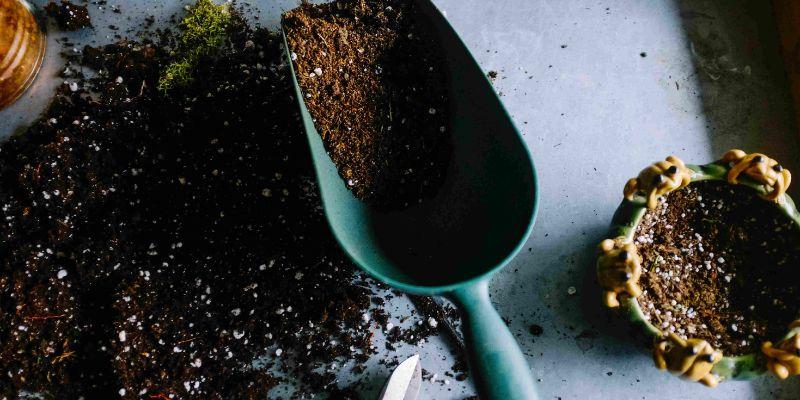
4. Impact on the Environment
Is a Garbage Disposal Better than Composting? The garbage disposal may be better than leaving the trash untreated in the trash cans. Still, it is not better than composting, where you can avoid less methane gas generation.
Your vote must go to the garbage disposal for its handy and accessible nature. On the other hand, if you look upon the benefits that composting provides to the environment are uncountable.
For example, the latter reduces the waste from entering the trash sites. Moreover, compost enriches your soil and increases the chances of a better food crop than any increasing the landfills without treating the trash.
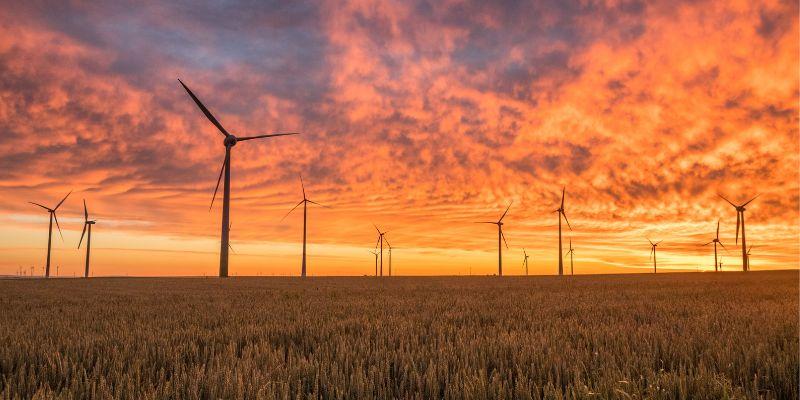
Which is Better Garbage Disposal or Composting?
The following pros and cons of garbage disposal and composting help you decide which is better.
Pros of Garbage Disposal
- Garbage disposal allows you to cut off food scraps that you cannot compost
- Grinding food through garbage disposal is accessible in winters
- You have the option to save your time and process food waste
- Waste from garbage disposal can be converted to biofuel
Cons of Garbage Disposal
- Garabeg disposal contributes to producing larger quantities of methane
- You must run plenty of water to run the unit
- Clogging of the drains is a trouble with garbage disposal
Pros of Composting
- Composting decreases the chances of emission of greenhouse gases.
- The method releases carbon dioxide and reduces the 30 percent chance of heating the atmosphere.
- Enriches soil by producing fertilizers
Cons of Composting
- Composting demands an initial investment
- It requires significant space to compost waste
- The process takes time from 2 weeks to 2 years
Final Verdict | Garbage Disposal vs. Composting
Whatever your preferences are, my opinion stands with composting. You also try it, as it costs less than garbage disposal. Also, composting allows you to compost your waste materials in an open area, with a constant water supply and the presence of oxygen. The fun fact is that you can do it in various ways.
Whereas the cost of installing disposal units, checking the pipes’ condition may let you spend more cash. Also, you cannot avoid the chances of clogging or feeding more energy to the disposal’s motor.
Is it Better to Compost or Use a Garbage Disposal?
If the matter of discussion is sending the waste into the trash or landfills, why not compost it before? A garbage disposal may save you time in reducing the amount of waste, but composting is a better technique to say goodbye to the garbage, with the benefit of diminishing the chances of producing greenhouse gases.
Why is Garbage Disposal Bad for the Environment?
Garbage disposal leaves the food particles to convert into water-based products, which then flow down further processing to make it accessible for household needs. As you know, nitrogen exists in water bodies and has nothing to do with improving the environment and marine life.
Summing Up
It does not matter what method you follow for disposing of the waste; remember that it should be eco-friendly or not contribute to releasing heat-producing gases. Certain factors of differentiation I have described in the article change your mindset and let you adopt the best way of clearing out the waste from your home.

Asad is a garbage disposal enthusiast, mechanical engineer by education, and the visionary founder of Best Pro Product. Asad’s journey has seamlessly blended his engineering acumen with his passion for kitchen gadgets, leading to the creation of a go-to online platform for homeowners and DIY enthusiasts seeking expert guidance on garbage disposals. His meticulous research, hands-on testing, and insightful reviews have established him as a trusted authority, while his commitment to sustainability resonates through his advocacy for proper waste disposal and reduced food waste. Asad’s interactive engagement with his community and his penchant for experimenting with new recipes make him not just an online resource but a friendly companion for those navigating the world of kitchen appliances and eco-friendly living.
